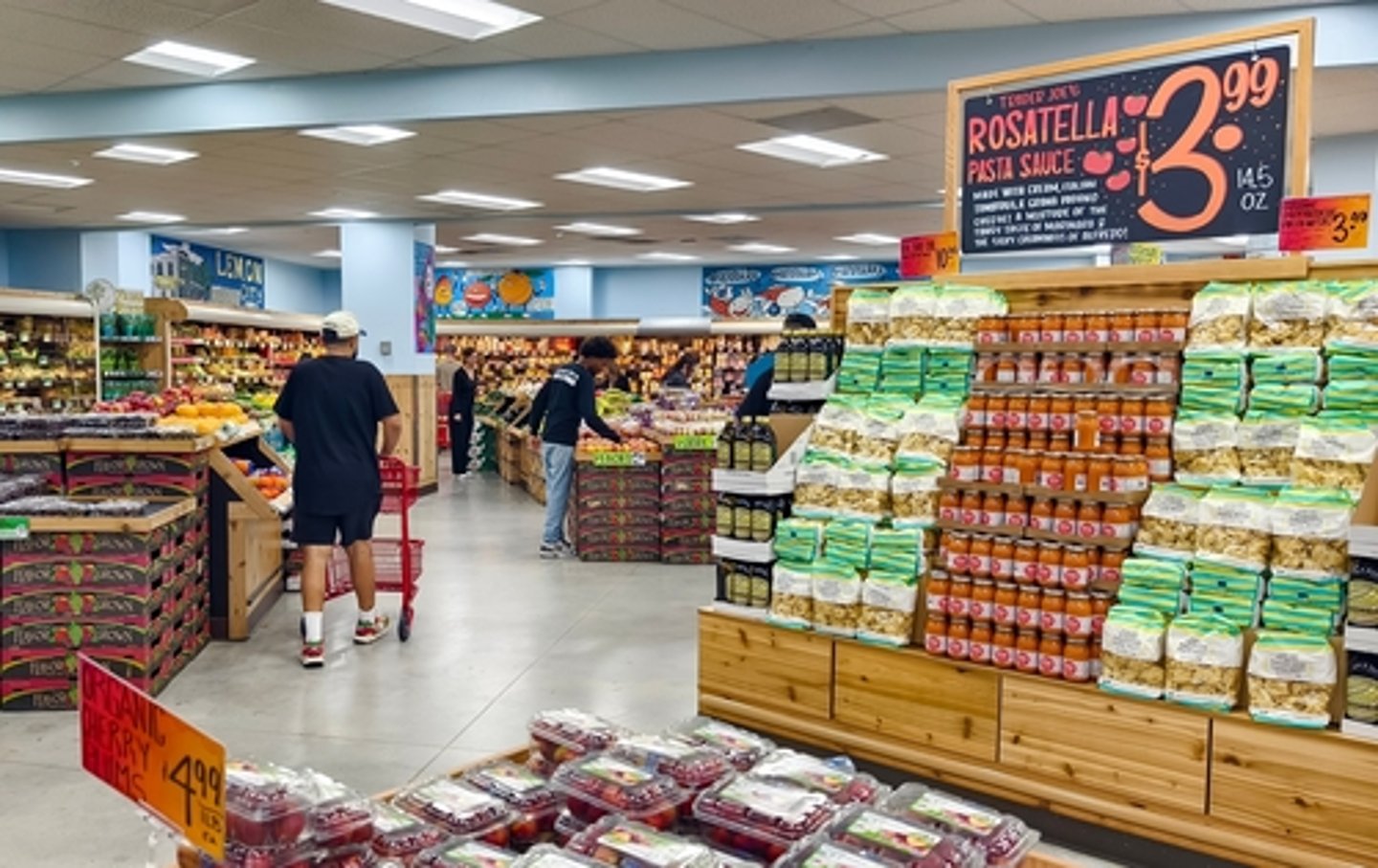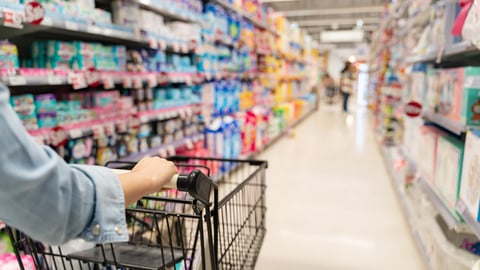Price Drives Grocery Choices, Boosting Private Label Appeal
Grocery prices remain a concern for a majority of U.S. consumers, and those looking to stretch their dollars are choosing retail private label products, a new survey from RDSolutions found.
In a May survey of 250 shoppers, more than 86% said some or most of the products they purchase are store brand items. Additionally, 75% said private label products are as good as or better in quality than national brands.
According to RDSolutions, survey respondents revealed that price remains the dominant driver when choosing where to shop and what to purchase. Key findings include:
- 87% rated price a 6 or higher on a 10-point scale when deciding where to shop
- 44% rated it a 9 or 10
- 62% of shoppers said they would switch stores if they perceived prices to be too high
"These findings highlight just how central price has become to shopper loyalty, both to retailers and brands," said Lee Kallman, chief commercial officer at RDSolutions. "Economic headwinds like inflation and tariffs are accelerating changes in consumer behavior. Retailers and manufacturers who don't respond quickly risk losing share."
In addition to changing stores, shoppers are shifting what they buy:
- 42% opt for cheaper alternatives when prices rise
- 20% skip certain items altogether
- Only 11% stick to their usual brands regardless of price
While the survey found that price continues to have a major influence on what consumers buy, there has also been more discussion about shoppers seeking value as they look to pick up their weekly groceries and other necessities. The challenge for retailers is pinpointing how consumers define value as they look to meet the needs of their shoppers.
When asked what defines a "good value" for a food item, shoppers said:
- Price compared to other similar products – 36.8%
- Size or quantity – 27.6%
- Brand reputation – 12.8%
- Discount offers – 10.8%
- Organic/natural vs. conventional – 10%
Further supporting the value-conscious mindset, 65% said promotions such as buy-one-get-one (BOGO) deals influence their perception of value, and 28% are buying fewer items overall as prices rise.




